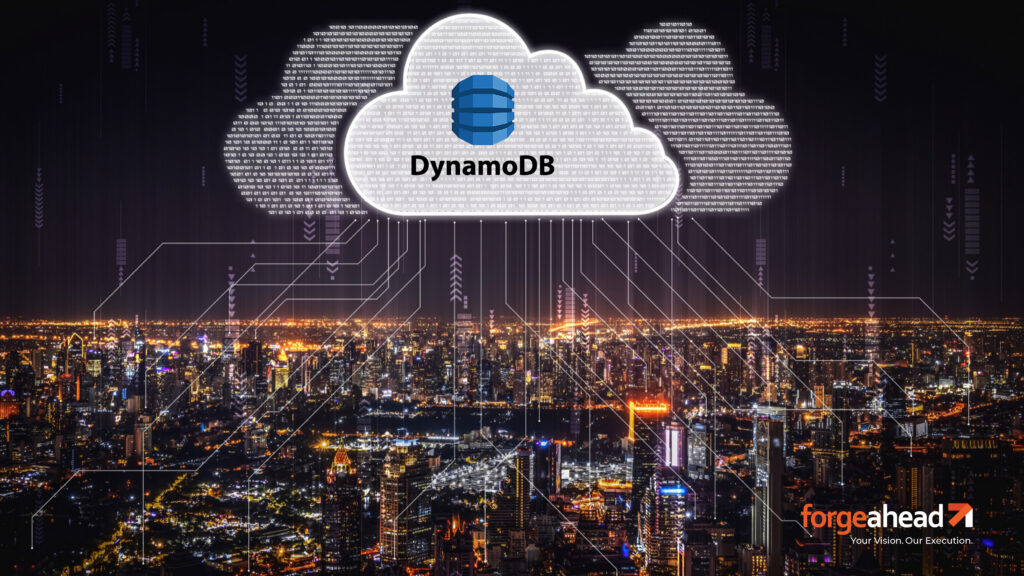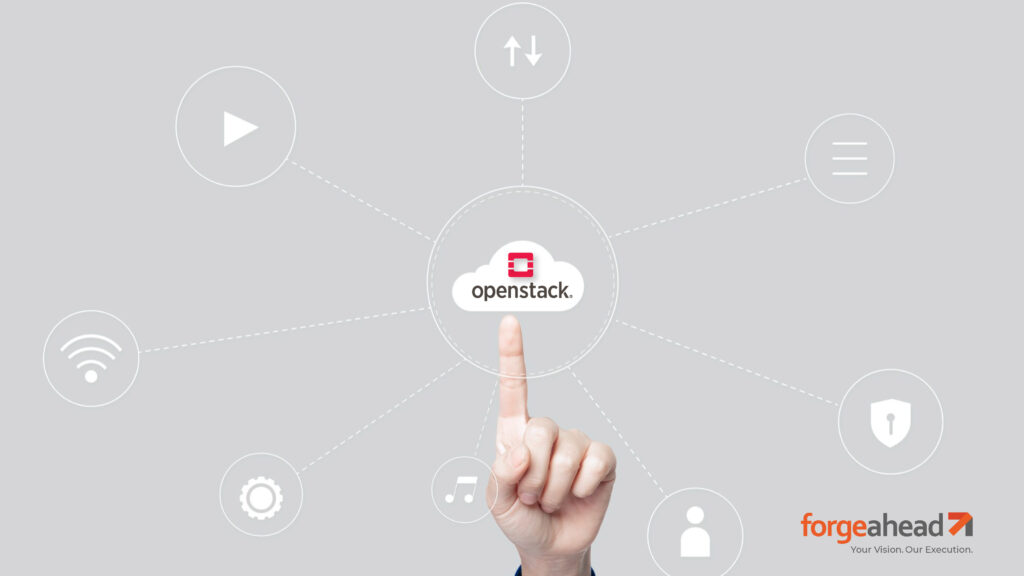Last updated on March 30th, 2021
We’ve just about seen technologies such as AI emerge out of the realm of science fiction and prove that they are more than mere concepts that we are introduced to the shiny new on the block – quantum computing.
I have to say that when I first heard of quantum computing, it conjured up some images of yet another technology that fit in with the sci-fi narrative. However, the conversation around this technology is gathering steam and gradually becoming louder. The Global Quantum Computing Market was valued at USD 89.35 million in 2016 and is projected to reach USD 948.82 million by 2025, growing at a CAGR of 30.02% from 2017 to 2025. Given these numbers, and to satisfy my curiosity, I thought it made sense to gain some basic understanding of this technology and where it promises to take us.
What is quantum computing?
I confess that I thought Quantum computing, much like theoretical physics, didn’t seem easy to translate into layman’s terms. It has, until now, been the domain of geniuses such as Stephen Hawking and a favorite topic of conversation of fictitious character Sheldon Cooper in the sitcom Big Bang Theory. Meanwhile, in the real world, large organizations such as IBM, Intel, and Google are working to build quantum computer systems to gain supremacy over binary computers.
The working machines that we have today can perform a fraction of the tasks that a quantum computer may be able to do. Quantum computing will give us the capability to perform computations using quantum bits, or qubits. They do not rely on binary logic like the computers that we use today.
Much like the computers we use today, quantum computers do give us the advantage of being a yes/no device. But in cases when a problem has answers that are all equally likely, a quantum computer, unlike a binary computer does not need to assess each possibility individually. These computers can process multiple probabilities at the same time leveraging something called ‘quantum entanglement’.
Because quantum computing uses quantum bits and qubits instead of the binary system (Modern computers use bits that can only be either 0 or 1, not both), they can capably store far more information than just 1 or 0. This is so because they can exist in any state of these values as qubits are treated as separated physical objects with two possible distinguishable states (0 and 1). I know, this is hard.
Quantum computing promises to offer a fundamentally different way of performing calculations. These computers promise to enable simulations of complex quantum systems like that of biological molecules, and also offer a way to factor large numbers and thereby break the long-standing encryption problems.
Why do we need quantum computing?
The advantage of quantum computing is, of course, greater computational power. Why do we need that, you ask?
For one, today it is technical limitations that are acting as roadblocks to achieving impact in a variety of situations. We have moved deep into the era of Big Data. Quantum computing promises us more power to analyze huge data sets and recognize patterns much faster, leveraging quantum devices. Whether it is to train artificial intelligence systems, boost telecommunication, or develop ultra-precise sensors for the medical community, quantum computing promises to be a game-changer in sectors that really matter.
It could be used for comparing new pharmaceuticals for testing within seconds which would drive faster time-to-market for critical new drugs. Quantum computers can also model complicated chemical reactions, a task that conventional supercomputers haven’t shown much dexterity in.
Quantum computing can also be used capably for financial modeling to help financial operations such as complex arbitrage. It could also be used to increase the speed of trading and transactions (regulators here will need to pull up their socks to manage security more effectively though.)
This technology could also help us build better climate models. Apart from more accurate weather forecasts, it could help us deeper insights into how humans are influencing the environment. Using these models we can build estimates on future warming and proactively define steps needed to prevent disasters.
The use-cases of quantum computing are many – from space exploration to seismology, uber-automation, and military and defense…the list is growing steadily.
Where we stand today in quantum computing
While quantum computing promises to hurdle the limits of traditional computers, we are still in the nascent stages. Presently we have only been able to build a quantum computer “chip” of a mere handful of qubits. In fact, IBM unveiled the largest quantum computer in the world of 50 qubits! That’s how small the baby steps are in this arena. And while quantum computing might look like a borderline mad scientist project, we know that quantum computers can do things that conventional supercomputers can’t.
Are there challenges? Yes. For starters, quantum computers have to be super-cooled to an extent colder than intergalactic space. You need microwaves of a precise frequency to communicate with each qubit in the computer individually. Quite obviously this offers a scalability challenge.
Quantum computing at scale, I believe, might be a long way off. But the change quantum computing promises to deliver can be understood by comparing it to binary computing in the same way as we would compare the iPhone 11 with those calculator watches of the ’80s.
While I do not expect quantum computing to become mainstream soon, it is more likely to inspire “quantum-like” or quantum-inspired technologies in the near future. What can we expect from quantum computing in the future? Clearly, we will have to wait and watch. If you’d have asked the engineers from the ’50s whether services like Netflix or multi-player real-time online games would be possible, you’d be met with amusement and sarcasm, isn’t it? It may be wise to be cautiously optimistic here too.



